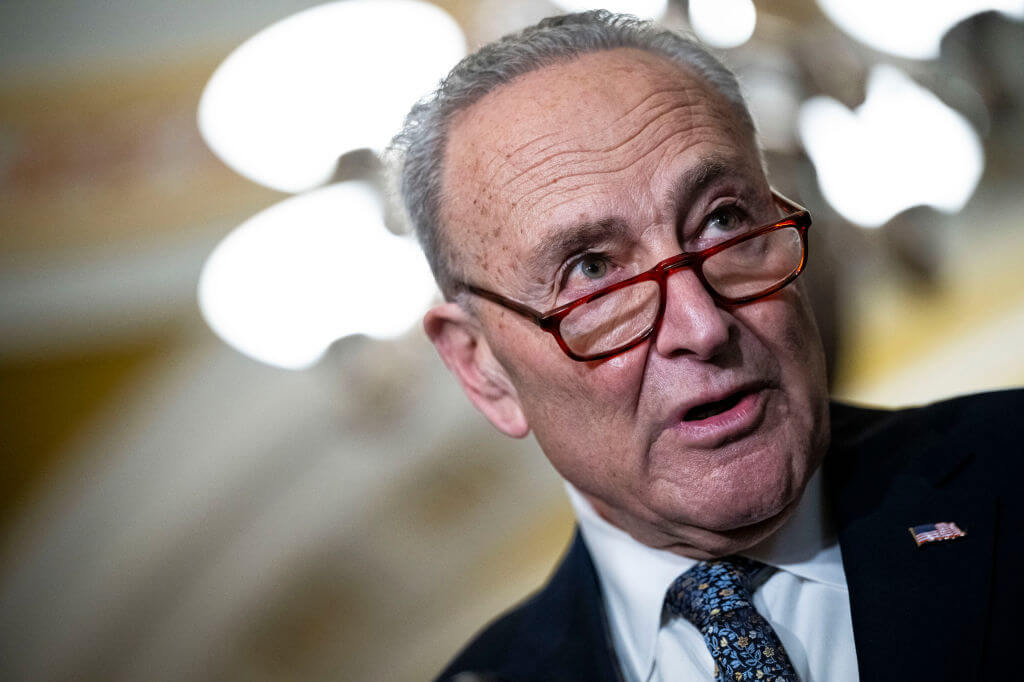White House monitoring political situation in Israel ‘very, very closely,’ senior official says

Image by Screenshot
President Joe Biden is closely watching the volatile political situation in Israel as the government led by Israeli Prime Minister Naftali Bennett lost its majority in the Knesset on Wednesday.
“We are certainly watching that very, very closely,” Yael Lempert, acting assistant secretary of state for near eastern affairs, said in a pre-Passover Zoom call hosted by the White House on Thursday.
“I think it’s a little early for there to be any statements from the U.S. government,” she added. “One thing that I can assure you is that no matter the shape of the Israeli coalition government, the U.S.-Israel relationship is going to be strong and enduring.”
Lempert, who is Jewish, provided a detailed report of Secretary of State Anthony Blinken’s visit to Israel last week. She said that direct talks between Israel and the Palestinian Authority remains a priority for the Biden administration as a step toward negotiating a two-state solution.
Bennett came under heavy criticism for using the phrase “West Bank” in a news conference with Blinken – instead of the biblical name “Judea and Samaria” favored by settlers and others on the right.
Axios reported on Thursday that the Biden administration discussed with Israeli officials the possibility of holding a lower-rank meeting between Israeli and Palestinian officials to jumpstart direct talks between the two parties. The chances of any progress on the conflict dropped significantly with the sudden prospect of early elections in the coming months.
Lempert highlighted a recent meeting between Palestinian President Mahmoud Abbas and Israeli Defense Minister Benny Gantz, as well as “positive steps Israel has taken to improve Palestinian lives” as reasons the administration is optimistic about reducing tension in the region. And she reiterated the administration’s view that while the U.S. is committed to advancing and expanding the Abraham Accords signed in 2020 to more countries in the Arab and Muslim world, the administration believes normalization agreements “is not a substitute for Israeli Palestinian peace” but an opportunity “to advance progress on the Israeli-Palestinian track.”
A message from our CEO & publisher Rachel Fishman Feddersen

I hope you appreciated this article. Before you go, I’d like to ask you to please support the Forward’s award-winning, nonprofit journalism during this critical time.
At a time when other newsrooms are closing or cutting back, the Forward has removed its paywall and invested additional resources to report on the ground from Israel and around the U.S. on the impact of the war, rising antisemitism and polarized discourse.
Readers like you make it all possible. Support our work by becoming a Forward Member and connect with our journalism and your community.
— Rachel Fishman Feddersen, Publisher and CEO






















